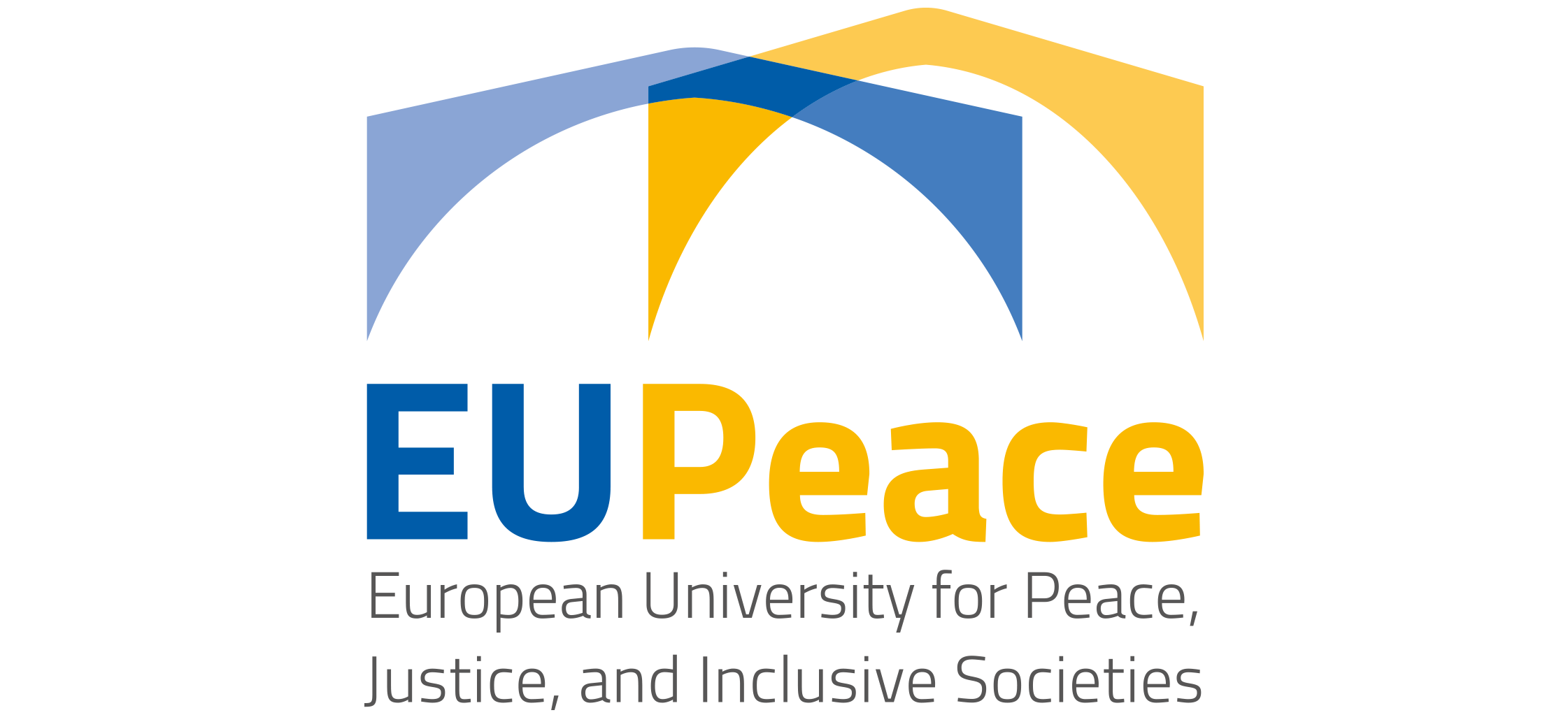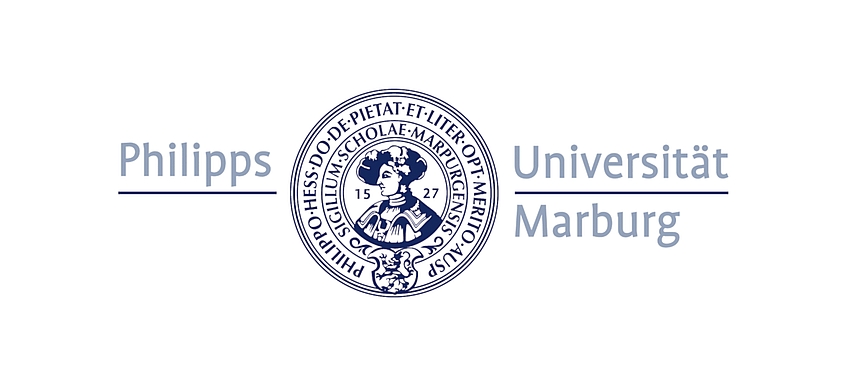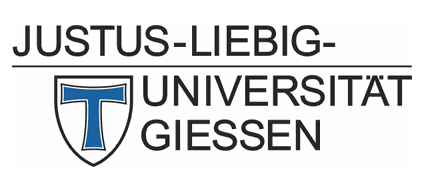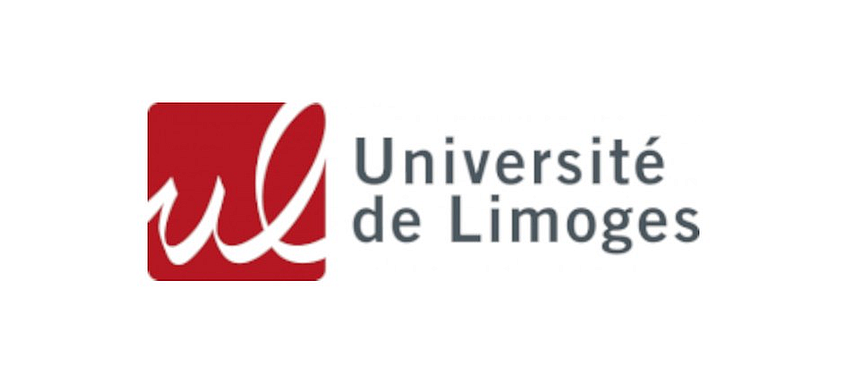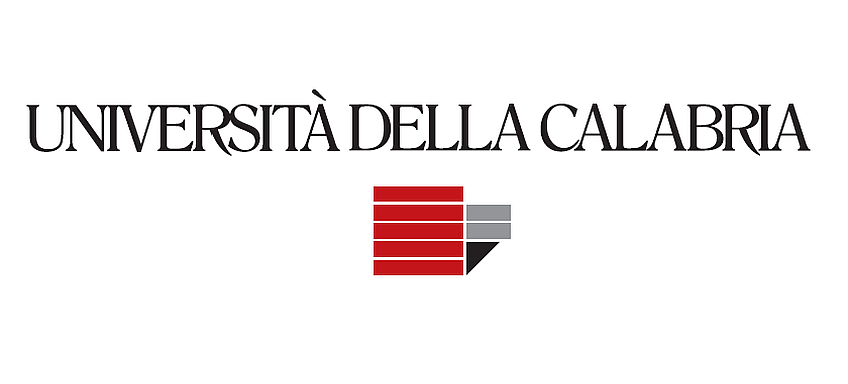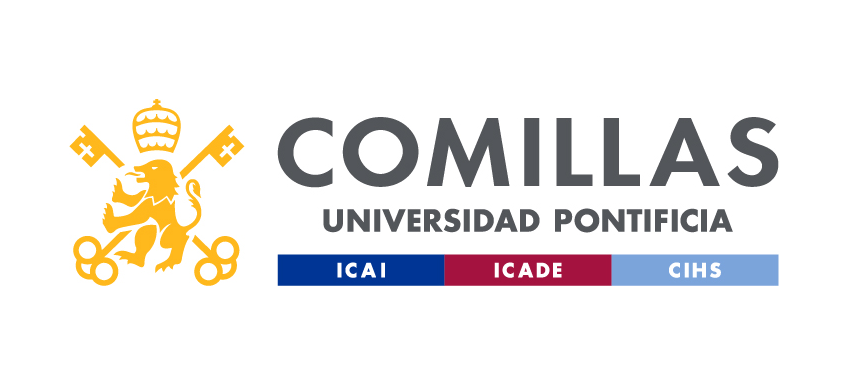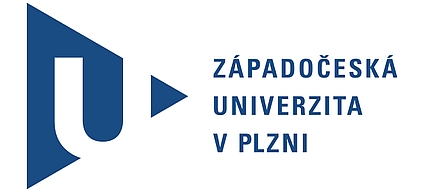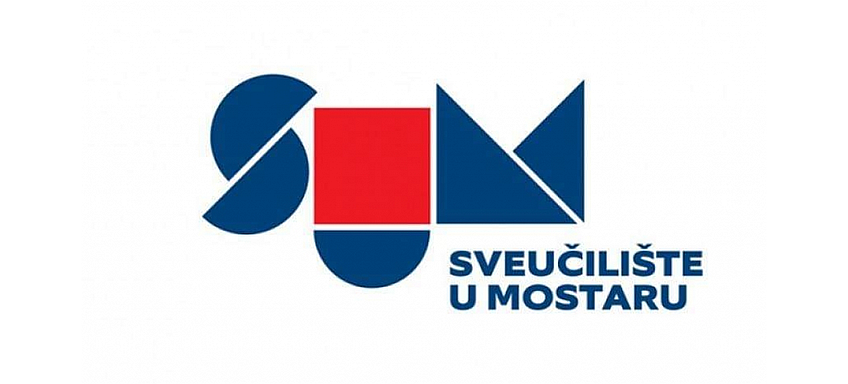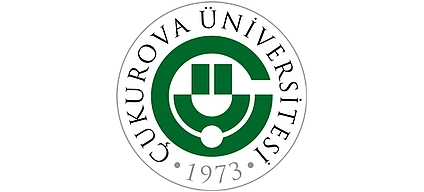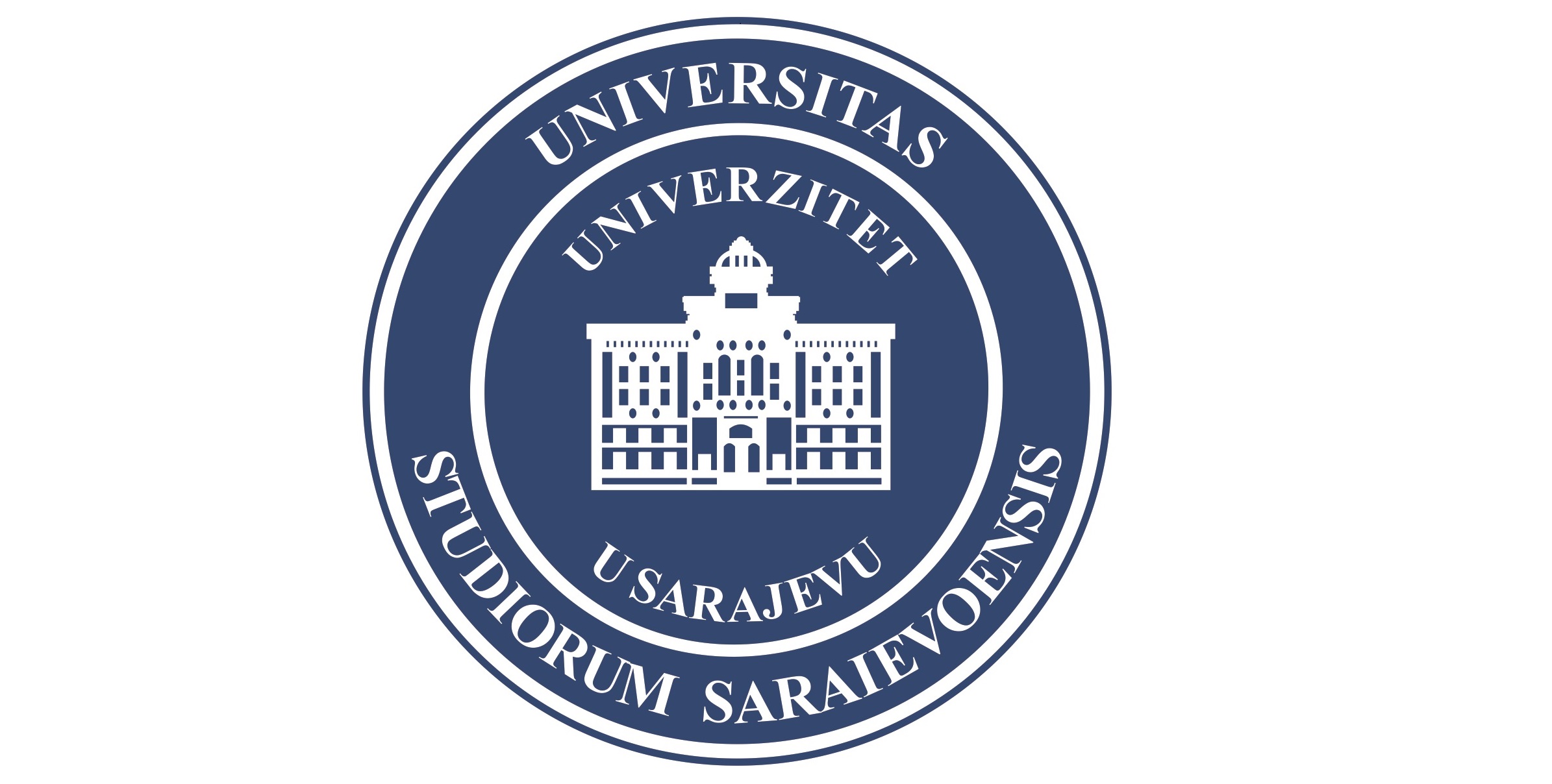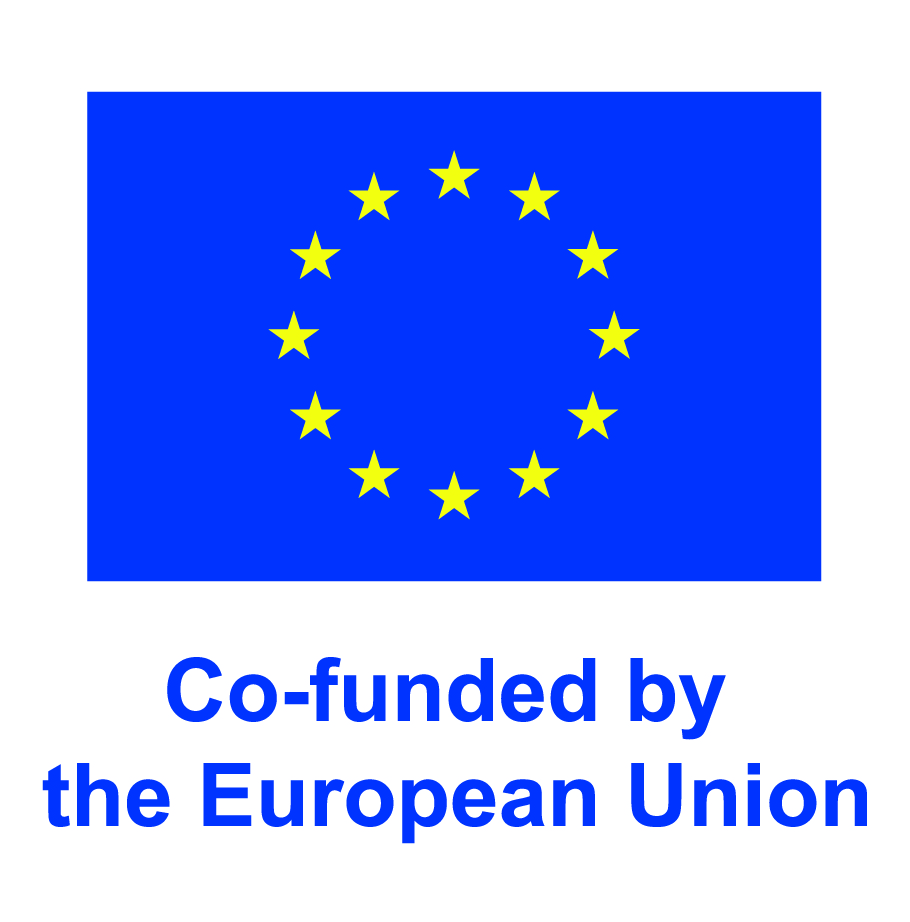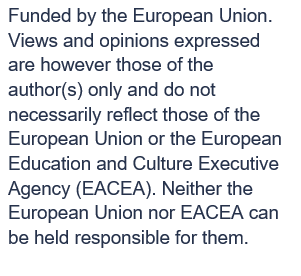Main Content
Work Plan
EUPeace receives support from the European Union for part of its activities. The majority of our work between 2023 and 2027 is therefore structured along so-called Work Packages (WP). Each WP is led by one EUPeace university together with at least one other co-lead. The goal of EUPeace is to actively involve Associated Partners in our work to the best of our capacities and to the best fit of the Associated Partners’ profile and competences. The Work Plan 2023-2027 consists of 8 WPs.

Inhalt ausklappen Inhalt einklappen Project management, coordination, quality monitoring and governance (WP1)
This Work Package serves the implementation of the subject-related Work Packages of the project. Furthermore, the activities of this Work Package ensure the creation of a long-term governance structure to assure the efficient and effective governance of EUPeace beyond the 4-year funding period.
Our activities
A. Set-up the different alliance bodies including External Advisory Board (EAB)
B. Work on Risk management and quality assurance framework
C. Use Design Thinking for EUPeace Alliance Strategic Alignment
D. Explore legal formats for future cooperation
E. Conduct a mid-term & final assessment of the Work Plan, e.g. through evaluation and a Strategy Forum
Contact: Sandy Halliday, Marburg University, sandy.halliday@uni-marburg.de
Inhalt ausklappen Inhalt einklappen Transforming Curricula (WP2)
Transforming Curricula implements two EUPeace Flagship Actions and their support activities:
(1) With the “European Track” we develop EUPeace signature content and formats, and broadly integrate EUPeace content into all curricula. Eventually, we make the “European Track” available to any student within the Alliance.
(2) By advancing European Degrees with strongly integrated curricula across institutions, we foster a specific profile of EUPeace students, graduates and alumni, who will go on to become change agents for Europe.
Our activities
A. Map and analyse the different curricula
B. Develop a European Track (Flagship Action) as a joint core curriculum for all students
C. Offer EUPeace Modules for International Credit Mobility
D. Launch a EUPeace Virtual European Exchange Programme
E. Create work- and challenge-based learning units
F. Develop European Degrees at Master level (Flagship Action)
G. Establish a “Teaching Staff Academy” including Staff Training for “Teaching Europe”, Teaching Staff Exchanges, Conferences “Teaching Europe”
H. Introduce micro-credentials across the Alliance as a tool for lifelong learning
Contact: Dr Robert Craig, Justus Liebig University Giessen, robert.craig@admin.uni-giessen.de, lehre@admin.uni-giessen.de & eupeace.wp2@uni-giessen.de
Inhalt ausklappen Inhalt einklappen Internationalisation of Teacher Education (WP3)
Teachers are key multipliers and role models for European values and concepts. In order to promote pupils’ developing attitudes and skills as well as acquiring knowledge for European citizenship, student teachers and practising teachers themselves need to develop skills and build knowledge, fundamental to a democratic European society in the 21st century. The need to define activities for a comprehensive skill set in future teachers regarding intercultural learning, diversity, inclusive teaching and the concept of global citizenship is a task of this Work Package for all consortium members. The Internationalisation of Teacher Education is a Flagship Action of EUPeace.
Our activities
A. Develop a common School for All approach on Internationalisation in primary and secondary school teacher education – a unified school in migrant societies
B. Design a handbook including a concept of levels of European immersion in teacher education
C. Develop collaborative teaching and learning offers
D. Organise Summer Schools on “European Perspectives on Teacher Education and Teaching
E. Facilitate and encourage work- and challenge-based learning through internships
F. Position and develop higher education didactics in teacher training
Contact: Sandrine Simon, University of Limoges, sandrine.simon@unilim.fr
Inhalt ausklappen Inhalt einklappen Facilitating Mobility (WP4)
Mobility is influenced by a multitude of factors and obstacles (regional setting, structure of university, socio-economic factors, environmental factors, unforeseeable external factors such as the pandemic, individual and personal barriers, etc.). All EUPeace members have strengths and limits in tackling these aspects in different ways and to different degrees. The EUPeace mobility approach expressly addresses the diversity of the member institutions. The aim is to develop a support structure, which not only increases mobility numbers, but also the quality of mobility circulation amongst member institutions. EUPeace will balance efforts to augment the overall amount of student and staff mobilities with enabling mobilities from and to underrepresented areas of the EUPeace Network.
Our activities
A. Create a Facilitating Mobilities Group developing the overall guidelines and support structure for all forms of mobility
B. Set-up the Joint Digital Campus including a shared gateway for mobility related information
C. Implement an EUPeace Course Repository
D. Use Design Thinking for Mobility Development
E. Realise International Staff Weeks for administrative and technical staff, with a focus on mobility
F. Implement a Buddy System to support mobility
G. Increase mobility circulation numbers & realisation horizontal priorities in mobility
H. Create a network to test the harmonisation of systems and measures of Paperless Mobility
Contact: Monika Mundilova, University of West Bohemia, mundil@rek.zcu.cz
Inhalt ausklappen Inhalt einklappen Campus and Student Life (WP5)
This Work Package will establish our Inclusive European Campus. This campus is our main lever to deeply internationalise our institutions so that the default background against which all staff and students carry out their activity will be international. This implies a strong commitment to diversity and inclusiveness, and conceiving our campus, in both its virtual and physical shapes, as a means of empowering everyone, regardless of culture, race, gender and ethnicity, to develop to their full potential as future agents for change. The Campus is a cross-sectional and long-term task towards developing and implementing sustainable Alliance structures. WP5 also addresses the EUPeace Flagship Action on student organisations.
Our activities
A. Establish an EUPeace Student Association and organise student cooperation in a collaborative way
B. Identify best practices for international and inclusive campuses
C. Develop an EUPeace Code of Conduct and “EUPeace Label” for best initiative on diversity and inclusiveness
D. Develop alliance-wide shared access to student services & introduce an EUPeace Student ID
E. Develop and implement student-led joint events across the EUPeace Campus, including the EUPeace Student Campus Festival
F. Initiate Student Projects (“Challenges”) to practise peace, justice, and social inclusion, thus considering the “Campus as a Lab”
Contact: Sergio Pizziconi, University of Calabria, sergio.pizziconi@unical.it
Inhalt ausklappen Inhalt einklappen Research Hubs and Doctoral Studies (WP6)
EUPeace responds to societal challenges by building world-class Research Hubs from existing scholarly strength of members in peace, justice, and inclusive societies. With the Research Hubs, the Alliance contributes to enriching and strengthening the European Research Area with a transdisciplinary approach to peace, justice and inclusive societies. Thus EUPeace highly contributes to dealing with global challenges - always in dialogue with society. The Research Hubs build on the synergies of the Alliance members to foster research and research-based teaching with an attention to bringing in all subject areas of the Alliance.
Our objectives
A. Develop Research Hubs & Creative Spaces
B. Organise mobile (blended/hybrid) interdisciplinary seminars and annual Research Impact Conferences
C. Transfer innovative research-based teaching methods
D. Initiate EUPeace Fellowships to promote cooperation and mobility
E. Establish an Early-Career Network and a EUPeace Doctoral Network
F. Support joint research infrastructures and open lab policies
Contact: Thorsten Bonacker, Marburg University, thorsten.bonacker@uni-marburg.de, Miriam Tekath, Marburg University, miriam.tekath@staff.uni-marburg.de
Inhalt ausklappen Inhalt einklappen Societal Dialogue (WP7)
WP7 develops the EUPeace Living Peace Lab Flagship Action as a platform for civic community engagement by means of campus-related, regional, and international cooperation bringing together a variety of stakeholders including civil society, policy makers, NGOs, or companies. It will be specifically designed to encourage societal dialogue and innovation around the topics of peace, justice, and inclusiveness. The Living Peace Lab will be a collaboration hub for generating physical and virtual spaces where stakeholders can meet and find support for developing co-creating teams and engaging across the academia-society divide. This will create a virtuous cycle of continuous exchange between higher education institutions and society, which contributes to a strong policy and innovation impact of the EUPeace Alliance.
Our activities
A. Initiate the EUPeace Living Peace Lab
B. Set-up Societal Dialogue Groups locally and at alliance-level
C. Create Bridge Dialogue Formats to enable and coordinate participatory exchange, student engagement and reception of society’s needs
D. Integrate community engagement into EUPeace Curricula & offer specialised courses on soft skills for challenge-based learning environments to students and staff
E. Foster local and regional embeddedness of EUPeace
Contact: Birgit Strotmann & Maria Amalia Silva De Oliva, Comillas Pontifical University, birgit.strotmann@comillas.edu, msilva@comillas.edu, eupeace@comillas.edu
Inhalt ausklappen Inhalt einklappen Impact and Dissemination (WP8)
The impact of the EUPeace Alliance will be reached via four dimensions: Education, Research, Society, and Institution. This Work Package coordinates all impact and dissemination activities and will thus make available all Work Package achievements to other actors. The tasks under WP8 are cross-sectional and develop communication, dissemination, and open science strategies, to ensure the Alliance’s internal and external visibility including science communication. The monitoring process of the Alliance’s impact is also part of this Work Package. We aim for impact on local, regional, national, and international levels.
Our activities
A. Set-up the EUPeace impact and dissemination strategy with a Working Group “Impact and Dissemination”
B. Carry out Impact monitoring
C. Develop alliance-level communications and a EUPeace Newsletter & foster university-internal communication at each member university
D. Support communication to the EUPeace campus community as well as to external parties, using website, social media etc.
F. Establish a Stakeholder Contact Network
G. Engage in Science communication
H. Establish an Open Science Policy & offer Open science training and information events
Contact: Katharina Wessling, Justus Liebig University Giessen, eupeace@uni-giessen.de
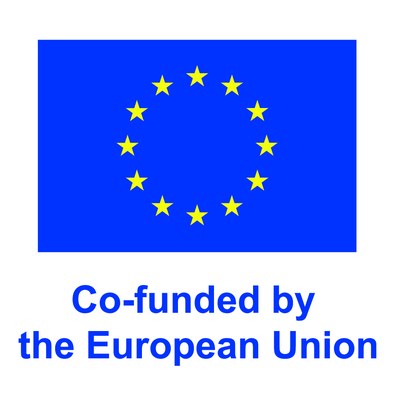
EUPeace - European University for Peace, Justice, and Inclusice Societies receives funding within the framework of the Erasmus+ initiative "European Universities - Development of new deep institutional transnational cooperation" for an initial funding period of four years (2023 - 2027).
Additional measures and funding

EUPeace is funded by the “European University Networks (EUN) – national initiative”, the accompanying national programme for German higher education institutions in the context of the EU pilot call for “European Universities”. Funded by the European University Networks programme of the German Academic Exchange Service.

The Czech Republic Ministry of Education, Youth and Sports is funding the University of West Bohemia as part of the consortium of European universities supported by the program Erasmus+. A contribution of a maximum of 75% of its co-financing of the given activities can be provided.

JLU receives funding from Santander Universities from 2024 - 2026 for short-term mobility scholarships to EUPeace partner universities. Santander Universities is a business unit of Santander Consumer Bank.


The University of Limoges has received funding from France 2030 and the National Research Agency (ANR) to support it's involvement in the EUPeace operation selected by the European Commission as part of the "European Universities" pilot call, and confirmed in the Erasmus + 2023 programme.
